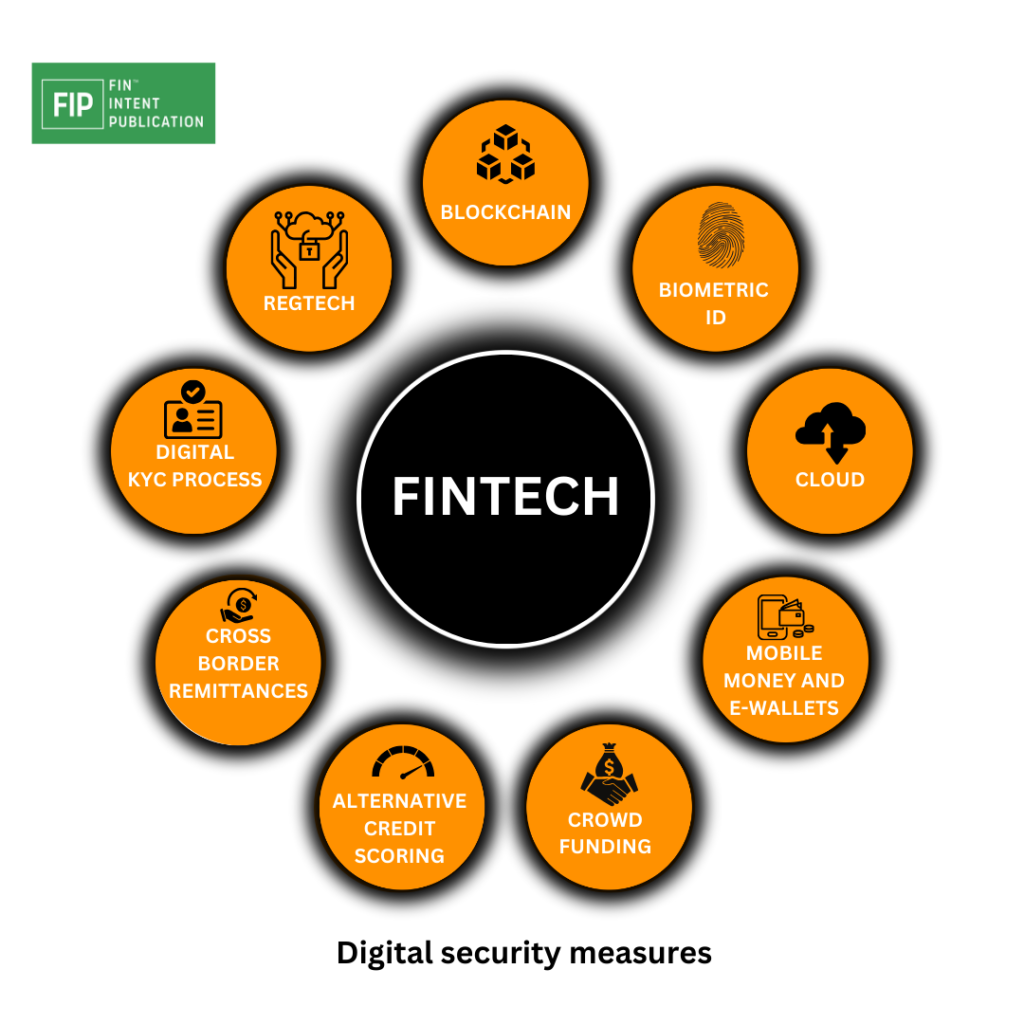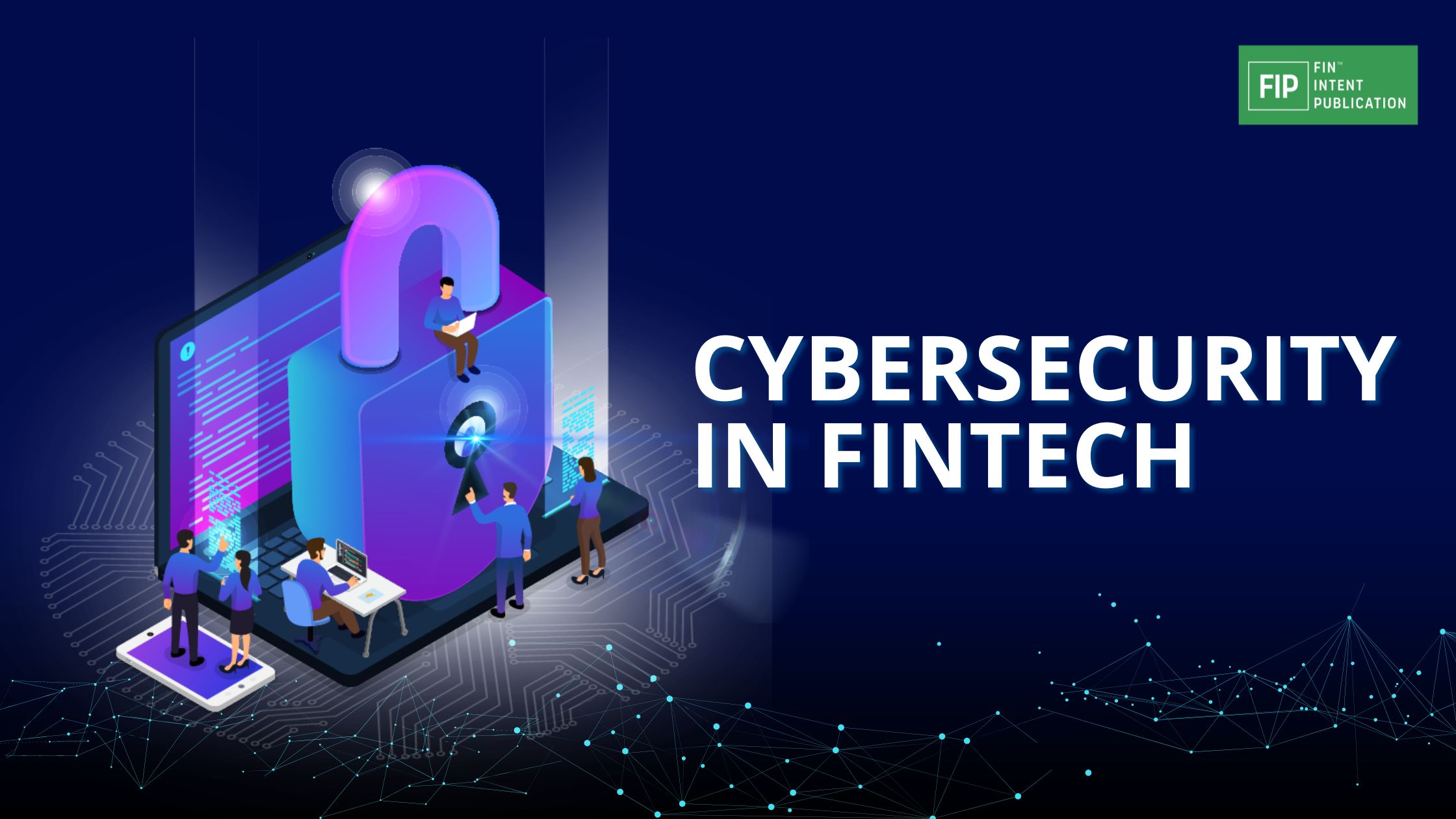The financial technology (fintech) industry is experiencing explosive growth, transforming the way individuals and businesses manage their finances. However, this rapid evolution is coupled with an increased demand for robust cybersecurity measures. In a landscape where digital transactions are surging, safeguarding sensitive financial data becomes paramount.
According to a report by Juniper Research global mobile payment transactions are expected to reach a staggering $7.6 trillion by 2025, highlighting the ever-growing reliance on digital channels in finance. This surge underscores the critical need for cybersecurity in fintech to ensure the integrity and security of financial operations.
The Fintech Landscape
The current fintech landscape is a vibrant tapestry of innovative solutions, with services ranging from mobile payments and digital wallets to online lending and peer-to-peer (P2P) transactions. These services, while convenient, rely heavily on digital platforms and interconnected systems, creating potential vulnerabilities for cyberattacks.
Cybersecurity Threats in Fintech
Fintech companies face a multitude of cybersecurity threats, including:
- Data breaches:
Hackers can exploit vulnerabilities in systems to gain unauthorized access to sensitive user data, such as account information and financial details.
- Phishing scams:
These deceptive emails or messages attempt to trick users into revealing personal information or clicking on malicious links, potentially leading to account takeover or malware infection.
- Malware attacks:
Malicious software can be designed to steal data, disrupt operations, or extort money from fintech companies and their customers.
- Application Programming Interface (API) attacks:
Vulnerabilities in APIs, which facilitate communication between different systems, can be exploited by attackers to gain unauthorized access to data or manipulate transactions.
These cyberattacks can have a devastating impact on financial institutions and their clients, leading to:
- Financial losses:
Data breaches can result in significant financial losses for both fintech companies and their customers, with costs associated with data recovery, regulatory fines, and reputational damage.
- Identity theft:
Stolen personal information can be used for fraudulent activities, causing financial hardship and emotional distress for victims.
- Loss of trust:
Security breaches can erode consumer trust in fintech services, hindering industry growth and hindering financial inclusion efforts.
Importance of Cybersecurity in Fintech
Building trust is crucial for the success of any fintech business.
A robust cybersecurity posture demonstrates a commitment to protecting user data and fosters confidence in the reliability of financial services.
Furthermore, a secure fintech ecosystem contributes to the overall health of the financial industry. By mitigating risks associated with cyberattacks, fintech companies can ensure the smooth functioning of financial services, protecting the integrity of the financial system and promoting economic stability.
Key Cybersecurity Measures

Fintech companies are actively adopting several essential cybersecurity measures:
- Encryption:
This process scrambles sensitive data, rendering it unreadable to unauthorized users. It safeguards data at rest (stored) and in transit (being transmitted).
- Multi-factor authentication (MFA):
This adds an extra layer of security by requiring users to provide more than just a password to access their accounts, often involving a fingerprint, security token, or one-time code. According to a Microsoft report: [invalid URL removed], 93% of data breaches could have been prevented with MFA.
- Secure APIs:
Implementing security measures in APIs, such as strong authentication and authorization protocols, minimizes the risk of unauthorized access and data manipulation.
Regulatory Landscape
Several regulations govern cybersecurity in the fintech sector, such as the General Data Protection Regulation (GDPR) in Europe and the Gramm-Leach-Bliley Act (GLBA) in the United States. These regulations establish compliance requirements for data security, breach notification, and customer privacy, ensuring a baseline level of security across the industry.
Future Trends in Fintech Cybersecurity
The future of fintech cybersecurity is constantly evolving, with innovative technologies playing a key role in enhancing security:
These technologies can analyze vast amounts of data in real-time, allowing for proactive threat detection and anomaly identification. AI/ML can help predict and prevent cyberattacks before they occur, significantly reducing potential damage.
- Blockchain:
This distributed ledger technology offers enhanced security features by providing a tamper-proof record of transactions. Blockchain can help secure sensitive data and mitigate the risk of fraud in financial transactions.
Collaboration and Information Sharing
Combating cyber threats effectively necessitates collaboration and information sharing within the fintech industry. This collaborative approach allows companies to:
- Stay informed:
Sharing knowledge about the latest threats and vulnerabilities enables companies to proactively address emerging risks.
- Develop collective defense strategies:
By working together, the industry can develop comprehensive security solutions and implement best practices across the board.
- Advocate for stronger regulations:
Collaborative efforts can drive dialogue with policymakers to advocate for regulations that enhance overall cybersecurity posture in the fintech sector.
Conclusion
Cybersecurity is fundamental to safeguarding the future of the fintech industry. As digital transactions continue to surge, robust security measures are essential to ensure data integrity, protect users from financial losses, and maintain trust in the financial system. By continuously investing in cybersecurity measures, embracing new technologies, and fostering collaboration, the fintech industry can build a secure and resilient financial future for all.






